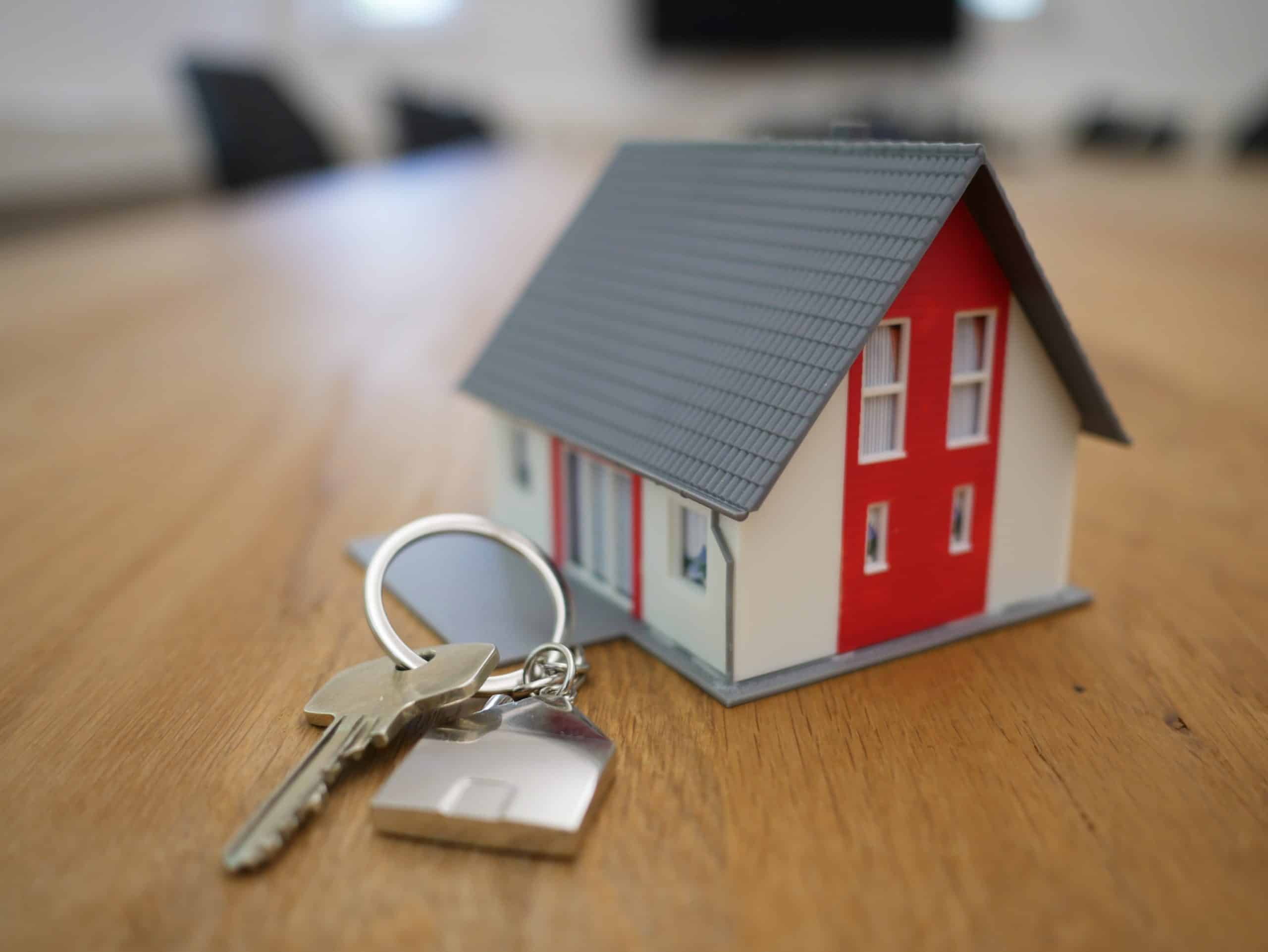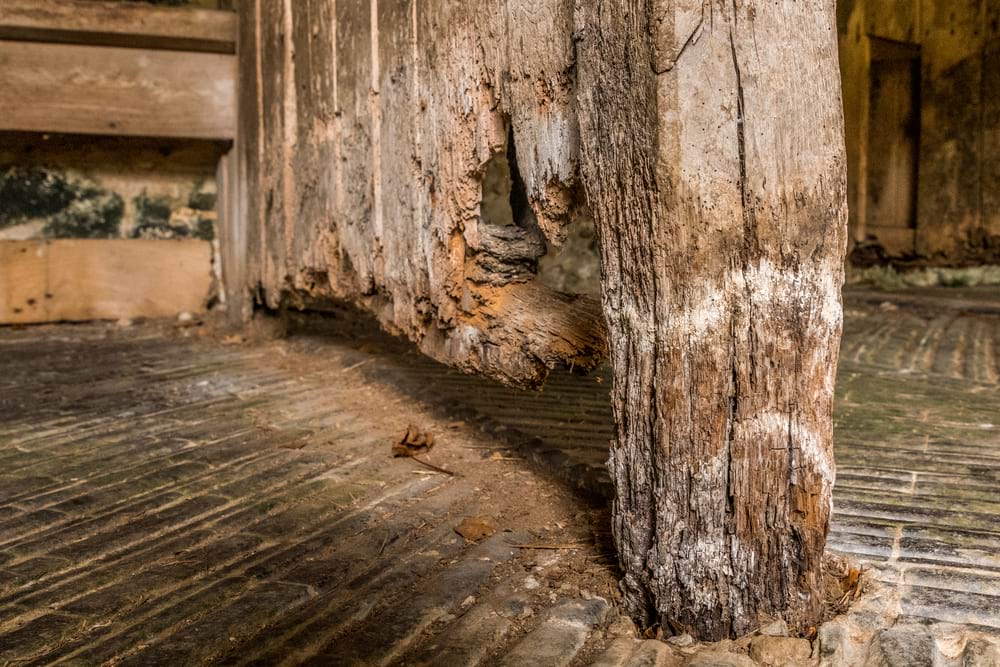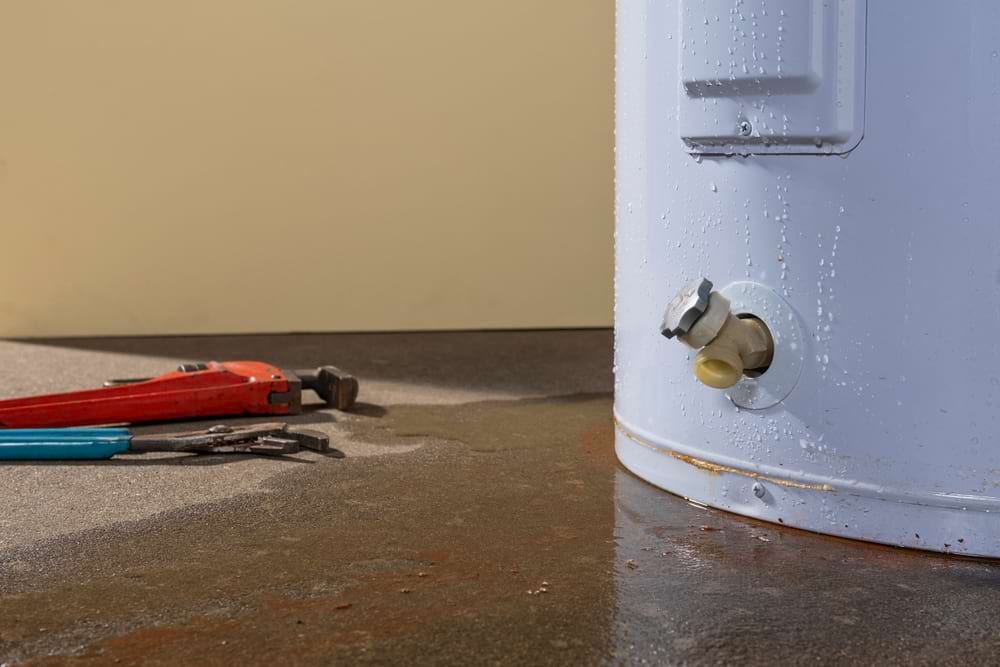Your home is often your most valuable asset, which you can use as collateral to borrow money.
Although this can be tempting, it is risky, especially if you are already in a difficult financial situation.
Here we take a look at how you can do it and what to consider.
Why secure a loan against home?
When you borrow money against your home, it means the loan is secured by it. So, if you can’t afford your repayments you may be forced to sell your property to cover what you owe.
But there are some advantages to borrowing money in this way.
For example, if you require a large sum or want a long-term repayment plan that keeps monthly costs low, borrowing against your home can make this possible.
Often people use this kind of loan to make improvements to their property that will, in the long run, add value to it.
How can you access loans against homes?
1. A secured loan with a lender that may not be your current mortgage provider
This could be in the form of a home equity loan, sometimes known as a second mortgage, where the loan is secured against your equity in the property. That is the amount you own without a mortgage.
2. A further advance with your current mortgage provider
Your lender may not allow you to increase your mortgage without leaving and paying early repayment charges.
However they may offer you a further advance. This is an amount in addition to your mortgage, which you will usually pay a higher interest rate for.
3. Remortgaging with your current lender or a new provider
This involves signing up to a new mortgage for an amount higher than you previously owed. By doing this you will release some of the equity.
The amount you can borrow will depend on your credit history, earnings and the value of your home.
If you are remortgaging or negotiating a further advance you will have to go through the same stringent checks on your income and spending as you would when first applying for a mortgage.
Other considerations before taking out a loan
Risk
It’s worth reiterating, when you secure a loan against your home you are putting it at risk. That means, you should think carefully about whether you can afford the repayments or if there is a better option.
Before taking out a secured loan, check how rates compare to an unsecured loan. If there is little difference it might be wise to opt for the loan that isn’t secured against your home.
Admin fees
If you decide to go down the remortgaging or further advance route, remember you will be charged administration and arrangement fees that will add to your costs.
And, as we’ve mentioned, if you need to leave your mortgage deal before the initial discounted rate has finished you are likely to be subject to early repayment charges.
Other types of loan
You should also look carefully at whether adding to your mortgage really is the cheapest option in the long run.
You may have access to much lower interest rates than you would with a personal loan, but a mortgage will usually be paid back over a much longer period. That means you may end up paying significantly more.
Paying off debt
If you have a bad credit rating you will find it hard to extend your mortgage. However, a lender may be more likely to offer you a personal loan, if they can secure it against a home.
Although this may seem attractive, if you are already struggling to repay debts, adding to them, and putting your home at risk, is only likely to increase your financial difficulties.
If your debts are becoming unmanageable there are other options to try first. The best place to start is by talking to a debt charity. They will give you free advice on how to reduce your spending and stick to a budget.
They can also help you explore ways to cut the cost of your debt by, for example, switching credit card debt to a cheaper balance transfer card.
In more challenging situations they will help you arrange solutions with your creditors such as a debt management plan or debt relief order.
Working with us
Rather than borrowing money against your home to pay off debt, you may decide selling is a better option. If you do, we can sell your house fast by purchasing it directly from you using our own cash funds.
We’re able to purchase your property in just seven days if necessary, which means costly mortgage repayments will stop and you’ll soon have the proceeds from the sale in your bank account.
Because we are cash house buyers we are never part of an unpredictable housing chain.
That means you can rely on the completion date we agree. In addition, we instruct and pay for solicitors and do not charge estate agency fees. Selling your home is free when you choose We Buy Any Home.




















